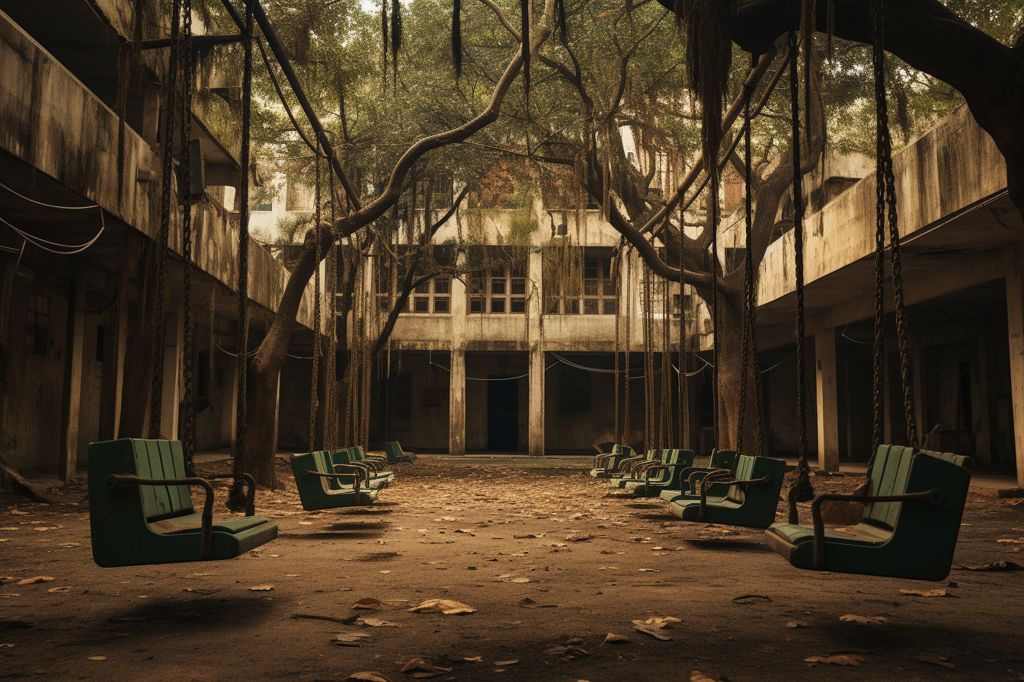The conviction and sentencing of Sinaye Mposelwa for the killing of Ukrainian hiker Ivan Ivanov on the East Fort hiking trail in Cape Town on July 27, 2019, has raised questions about our understanding of crime and punishment.
A Complicated Case
The Western Cape High Court handed Mposelwa a 25-year prison sentence, which deviated from the standard minimum sentences for robbery with aggravating circumstances and life imprisonment for premeditated murder. Mposelwa’s involvement in the crime is a tangled web of desperation and misguided decisions. He and a group of men had set out to rob unsuspecting passersby on the hiking trail, which led to the fatal altercation with Ivanov. The National Prosecuting Authority (NPA) found Mposelwa with the deceased’s belongings and blood-stained clothing, which connected him to the crime through DNA evidence.
Personal Factors Contributing to Criminal Behavior
Mposelwa’s personal story sheds light on the intricate factors contributing to his criminal behavior. He admitted to his involvement in the murder and robbery, attributing his actions to his disrupted education, his mother’s alcoholism, and the absence of his father. These circumstances pushed him into associating with the wrong crowd. However, he did not show full cooperation with the authorities, refusing to testify against his fellow accused accomplices, Matthew Giyo and Franklin Isaacs, fearing for his life.
A Nuanced Portrait of the Accused
Mposelwa’s defense attorney, Charles Simon, utilized his client’s personal history to present a nuanced portrait of the accused. Simon revealed that their initial plan on that fateful day was to break into a house in Hout Bay. However, when the ideal property couldn’t be found, they migrated to the mountain and awaited a target. According to Simon, it was not Mposelwa who initiated the robbery, but he rather succumbed to peer pressure.
Complexities of Human Behavior and Justice
The case of Mposelwa exposes the complexities of human behavior and the justice system’s attempt to reconcile such intricacies. Judge Robert Henney faced the challenge of balancing the minimum sentencing prerequisites and took into consideration the four years Mposelwa had already spent in prison awaiting trial. In the end, Henney opted for a 25-year prison sentence instead of life imprisonment.
Magnifying Societal Issues
The tragedy of this case doesn’t only lie in the loss of Ivan Ivanov, but it also magnifies the societal issues that drive individuals like Mposelwa down a dark path of crime and violence.
A Reminder of the Labyrinthine Human Psyche
In conclusion, the story of Sinaye Mposelwa reminds us that the human psyche is labyrinthine, and navigating the consequences of one’s actions through the justice system is a challenge that defies simplistic narratives. The devastating ripple effects of crime and punishment reverberate through the lives of victims, perpetrators, and society at large, leaving a lasting imprint on our collective consciousness.












